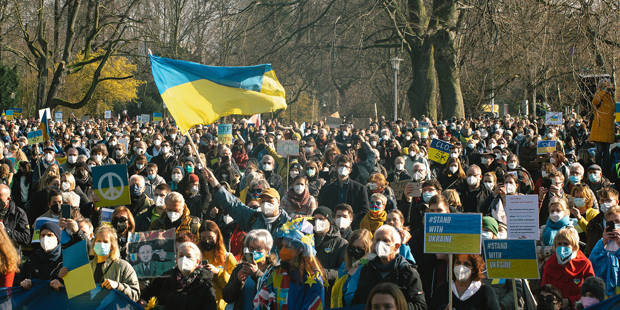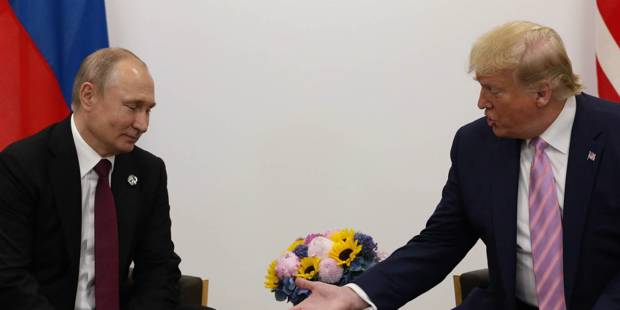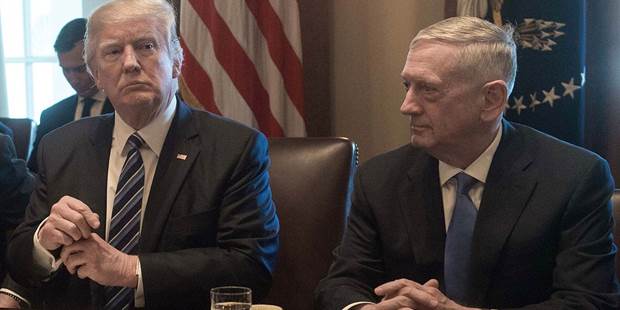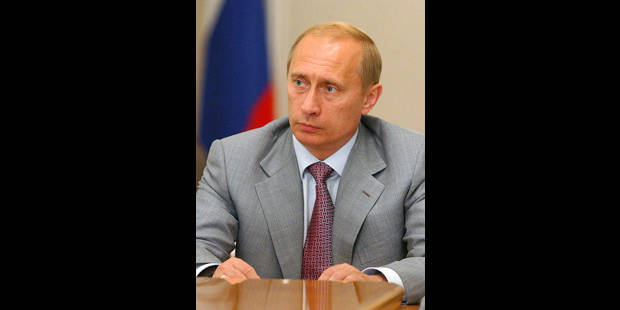Stephen Holmes
Stephen Holmes, a professor at New York University School of Law, is the co-author (with Ivan Krastev) of The Light that Failed: A Reckoning (Allen Lane, 2019).
-
Explaining Europe's Reaction
 Free to read
Free to readExplaining Europe's Reaction
Mar 7, 2022 Diego Gambetta & Stephen Holmes think governments' robust response to Russia’s invasion of Ukraine is primarily driven by fear.
-
Putin’s Ambivalent Illiberalism

Putin’s Ambivalent Illiberalism
Jul 5, 2019 Stephen Holmes thinks the Russian president's view of the “liberal idea” merits attention, but not the attention it's getting.
-
Trump’s Dangerous Blank Check

Trump’s Dangerous Blank Check
Apr 19, 2017 Stephen Holmes argues that delegating war-making decisions to the military never ends well.
-
The Ukrainian School of War

The Ukrainian School of War
Feb 25, 2015 Stephen Holmes & Ivan Krastev show why the motivations of Russia, the US, and Europe preclude a diplomatic solution.
-
Putin on Ice

Putin on Ice
Nov 17, 2014 Stephen Holmes & Ivan Krastev ask why Russia has chosen a policy toward Ukraine that is undermining its geostrategic interests.








